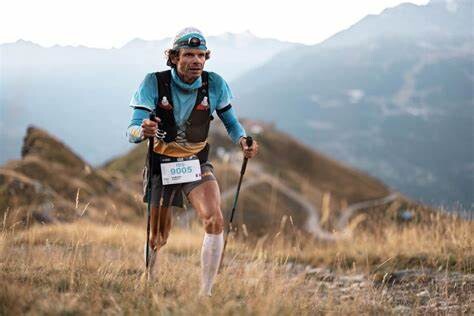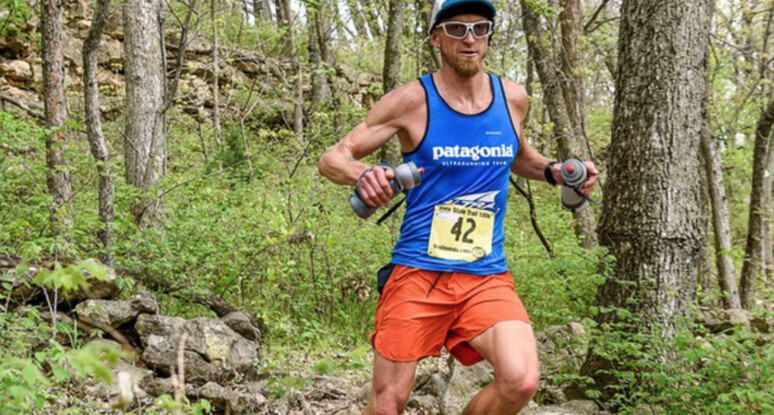Running News Daily
Running News Daily is edited by Bob Anderson. Send your news items to bob@mybestruns.com Advertising opportunities available. Train the Kenyan Way at KATA Kenya and Portugal owned and operated by Bob Anderson. Be sure to catch our movie A Long Run the movie KATA Running Camps and KATA Potato Farms - 31 now open in Kenya! https://kata.ke/
Index to Daily Posts · Sign Up For Updates · Run The World Feed
Why older runners are rocking the trails
Recent performances by Jeff Browning and Ludo Pommeret suggest that trail runners age like fine wine.
A fascinating trend has emerged in trail and ultrarunning: athletes in their 40s and 50s are not just competing—they’re thriving. Recent performances by American ultrarunner Jeff Browning (53) and France’s Ludovic Pommeret (49) are putting to rest the common belief that athletic performance declines with age. Instead, these trail runners are proving that experience, mental resilience and a well-honed training regimen can defy the clock. Why are trail runners getting better with age, and how are they doing it?
The power of experience

One of the key reasons trail runners are excelling later in life is the accumulation of experience and mental resilience built over time. Running on technical trails requires quick decision-making and the ability to stay calm under pressure, qualities that often improve with age. Pommeret won the UTMB 176K race at age 41 and placed fourth at this year’s edition, at the age of 49, after winning Hardrock 100 only six weeks earlier. Some of his success can be attributed to years of experience, which has taught him to manage his energy efficiently, pace himself wisely and navigate challenging terrain with confidence.
Research supports this idea, suggesting that older athletes possess greater mental resilience, allowing them to maintain focus and composure during long, grueling races. This psychological edge often compensates for any slight physical declines, enabling veteran runners to stay competitive.

Adapted training and smarter recovery
Older trail runners are also better able to adapt their training to suit their aging bodies. Browning has consistently performed at the top level through his 40s and early 50s, most recently setting a supported FKT on the Colorado Trail at age 52 and placing second at this year’s Cocodona 250 (402 km) in Arizona. Browning emphasizes the importance of strength training, flexibility and strategic recovery. Instead of pushing through pain or ignoring signs of overtraining, experienced runners like Browning adjust their routines to prevent injury and enhance their longevity in the sport.
Research shows that strength training becomes increasingly important as we age, helping to maintain muscle mass, bone density and joint stability. Older athletes are also often more attuned to the need for adequate recovery, which is vital for avoiding burnout and ensuring sustainable performance.
Wisdom of pacing and nutrition
As trail runners age, they also tend to develop a keen sense of pacing and nutrition, partially due to familiarity with their own body. Unlike younger runners, who might go out too fast and burn out, more experienced runners understand the importance of conserving energy for the later stages of a race. They also become more meticulous about nutrition, recognizing that fueling their bodies properly can make the difference between finishing strong and hitting the wall.
Pommeret’s victory at the 2016 UTMB is a perfect example. After falling behind early in the race, Pommeret strategically paced himself, gradually working his way up the field to take the lead in the final miles. This kind of tactical acumen is often honed over years of racing experience.
Trail running is increasingly proving that age is just a number. with athletes like Pommeret and Browning demonstrating that with the right mix of experience, training adaptations, mental resilience and smart pacing, older runners can continue to compete—and win—at the highest levels.
by Keeley Milne
Login to leave a comment




